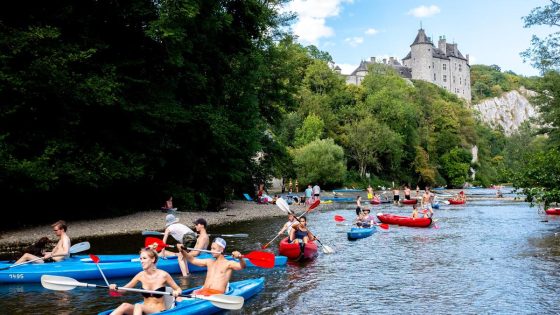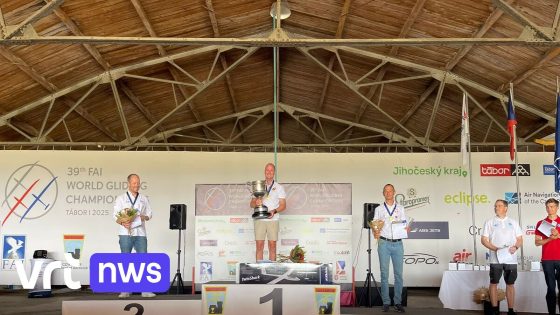Kayaking on the Lesse river has become a popular summer activity for many Belgians seeking adventure and relaxation. However, the increasing number of visitors has led to unexpected challenges, especially during the hottest days of the year. On 2025-07-15 14:35:00, local authorities and rental companies are addressing concerns raised by residents about noise, litter, and overcrowding along the riverbanks.
- Kajaktochten op Lesse veroorzaken overlast en files
- Burgemeester ontvangt klachten over lawaai en afval
- Dinant Evasion controleert klanten vrijwillig vooraf
- Minder muziek en alcohol toegestaan in kajaks
- Wandelaars en automobilisten veroorzaken meeste rommel
- Bedrijf benadrukt monopolie en beperkte bagageruimte
Dinant’s mayor, Thiery Bodlet, highlighted growing complaints about public drunkenness and environmental damage, warning that the Lesse is turning from a peaceful natural getaway into a crowded attraction. This shift raises the question: how can the balance between enjoyment and preservation be maintained?
To tackle these issues, Dinant Evasion, the sole kayak rental company on the Lesse, has introduced voluntary pre-trip inspections to limit alcohol and loudspeakers. But will these measures be enough to protect the river’s tranquility? Here’s a closer look at the current situation.
Is the kayak rental monopoly part of the problem or the solution? While Dinant Evasion faces criticism, the company reports minimal confiscations and emphasizes that most disturbances come from walkers and drivers leaving trash. Key points include:
- Over 1,000 kayakers were inspected recently, with only one speaker and one alcohol bottle seized.
- Customers are limited in what they can bring, reducing potential disturbances.
- Local residents report noise and waste mostly from non-kayakers.
- Voluntary controls rely on customer cooperation rather than enforcement.
Looking ahead, continued cooperation between rental companies, local authorities, and visitors is essential to keep the Lesse a serene escape. Could stricter regulations or more public awareness campaigns be the next step to safeguard this treasured river experience?
































